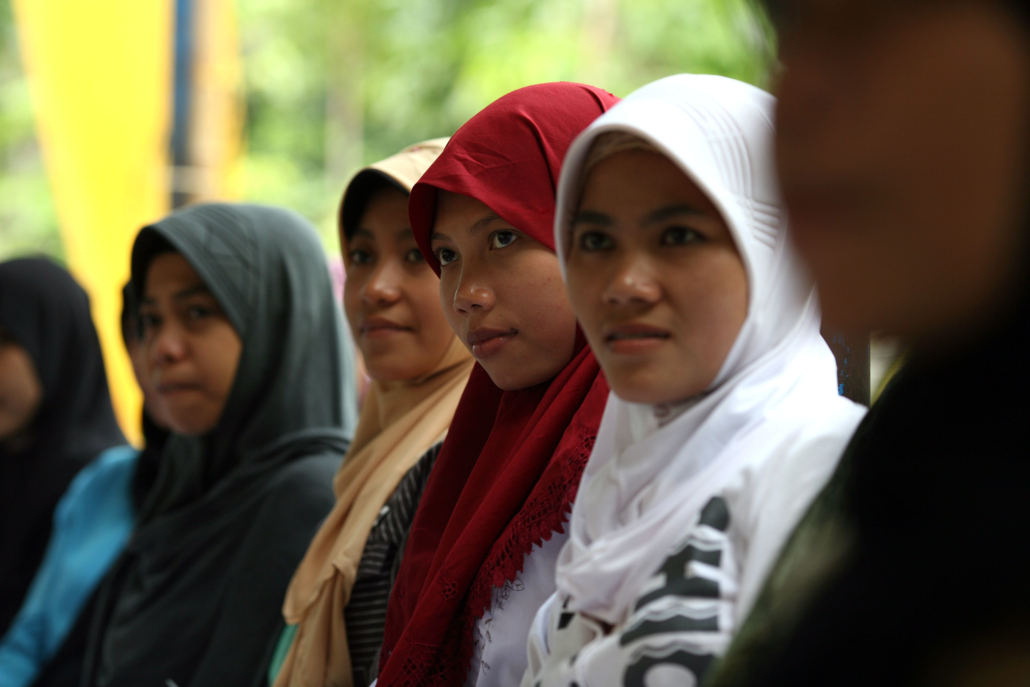Implementing Gender Sensitive Health Policy

A recent report, “Women and Health: the key for sustainable development,” emphasizes why gender-sensitive health policy is important. Gender-sensitive health policy answers the call to value women, compensate women, count women and be accountable to women.
In the past, women have been excluded from educational and economic opportunities, and this has contributed to the lack of development in many countries, as well as gender inequitable societies.
Oportunidades, a cash-transfer program in Mexico is an example of the kind of work that gender-sensitive health policy supports. Money is provided to families who ensure that their children attend school and maintain the health of their families. The project compensates for the obstacles that girls have traditionally faced in attending school (boys favored over girls) by providing larger benefits to families for specifically allowing their girls to attend school.
It is critical that the environment in which these types of policies are enacted is enabling. Women should be able to fulfill leadership roles in the development of these types of policies to ensure that their voices are heard.
When women secure leadership roles in family life, in addition to political efforts, they are more likely to make decisions that will benefit their communities.
For example, in the Philippines, the money that women provide for their families has helped to increase the consumption of protein and calories to avoid malnutrition.
Gender-responsive programs can be implemented in the agricultural sector. In Burkina Faso, plots owned by women are 30 percent smaller than men’s because they do not have access to the labor and fertilizer that men rely on. Programs that offered avenues for women to access labor and fertilizer for their land would minimize this disparity.
The Women and Health report’s significant conclusion states that gender-responsive policy can “accelerate sustainable development”. Women are valuable assets to their community. When this is recognized and addressed in policy, there is massive potential for a reduction in poverty and increased quality of life.
-Iliana Lang
Sources: The Lancet
Photo: Flickr
